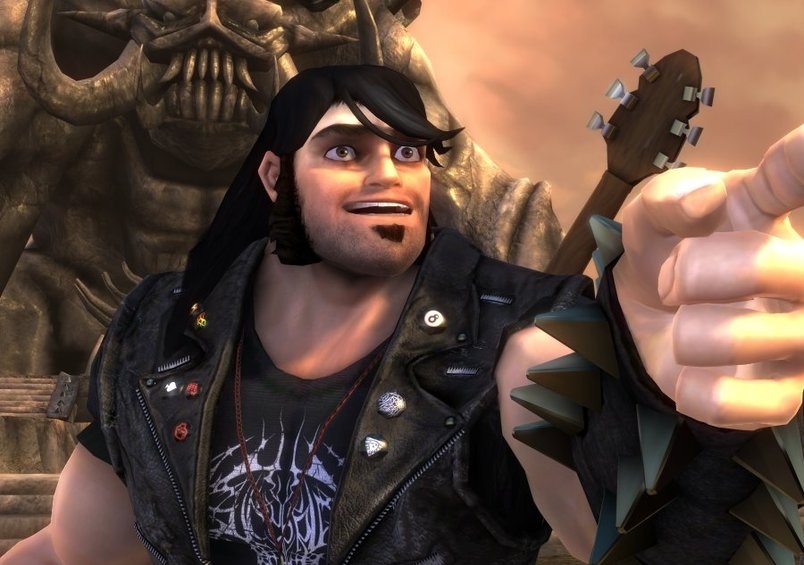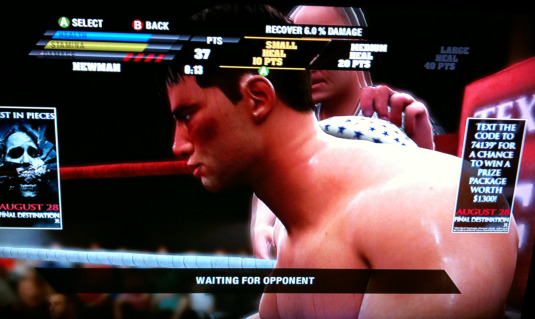 Given the chance, the games industry will whine ad nauseum about the evils of software piracy, but the recent success of The Sims 3 shows that illegal downloading isn’t necessarily bad for business.
Given the chance, the games industry will whine ad nauseum about the evils of software piracy, but the recent success of The Sims 3 shows that illegal downloading isn’t necessarily bad for business.
Electronic Arts is boasting that The Sims 3 is a hit, with 1.4 million units sold in the first week alone. That’s the biggest PC game launch in EA’s history.
The company doesn’t break from its victory cry to acknowledge that 180,000 people illegally downloaded The Sims 3 a few weeks ago, after it leaked to BitTorrent sites. The piracy statistics, cited by Bloomberg, come from BigChampagne, a company that monitors file sharing. I’ve contacted the company in search of up-to-date statistics. (Got ’em. See below.)
Even if illegal downloads of the game increased significantly since the end of May, it hardly seems that the leak dampened legitimate sales.
Why not? There are a couple possible explanations. First, there’s no demo for The Sims 3, so piracy could in some cases amount to taking the game for a test drive. Pair this with EA’s claims to Bloomberg that the leak is a “buggy, pre-final build” of the game, and there’s even more reason for downloaders to get the real thing. Also, there will always be a group of people who don’t want or can’t afford to pay for the game anyway. Neither of these scenarios can be justified legally, but they also don’t support the tired claim that every pirated download constitutes a lost sale.
And isn’t BitTorrent somewhat of a niche anyway? The Sims 3’s appeal expands far beyond the tech-savvy Internet users who know their cracking software, and its online community features make a legitimate copy preferable.
I understand the games industry’s plight. It’s a shame that not everyone pays for their PC games, when legally they should. But perhaps instead of complaining that people aren’t buying software, publishers should study the people that do and look at why The Sims 3 earned their $50.
Update: Just got the latest stats from BigChampagne. The Sims 3, the leaked version, has been downloaded more than 700,000 times per week over the last few weeks, totalling 2.21 million downloads as of June 9.
 Over the last two years, I’ve enjoyed chronicling the iPhone’s rise as a gaming platform, and had an even better time watching Sony and Nintendo pretend that Apple isn’t really a competitor.
Over the last two years, I’ve enjoyed chronicling the iPhone’s rise as a gaming platform, and had an even better time watching Sony and Nintendo pretend that Apple isn’t really a competitor.
 Progress–to swipe an
Progress–to swipe an 


 Electronic Arts shared some good news and bad news today. First, the company acquired Facebook game maker Playfish for up to $400 million, but then EA announced that it will lay off 1,500 employees and close some of its game development studios.
Electronic Arts shared some good news and bad news today. First, the company acquired Facebook game maker Playfish for up to $400 million, but then EA announced that it will lay off 1,500 employees and close some of its game development studios. Cooler heads prevailed today, as mega game publisher Activision and
Cooler heads prevailed today, as mega game publisher Activision and 

 Update: EA’s Dante Team
Update: EA’s Dante Team  Given the chance, the games industry will
Given the chance, the games industry will